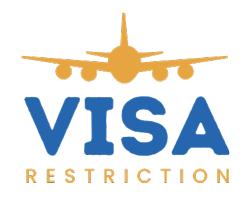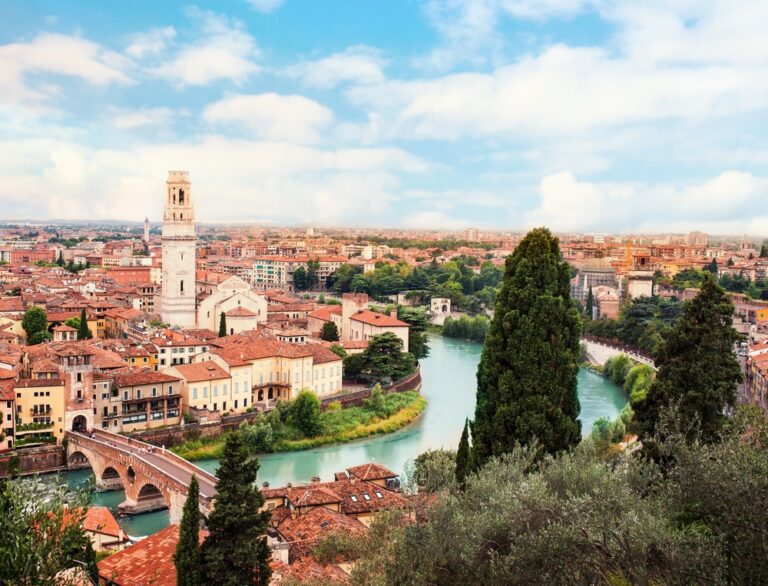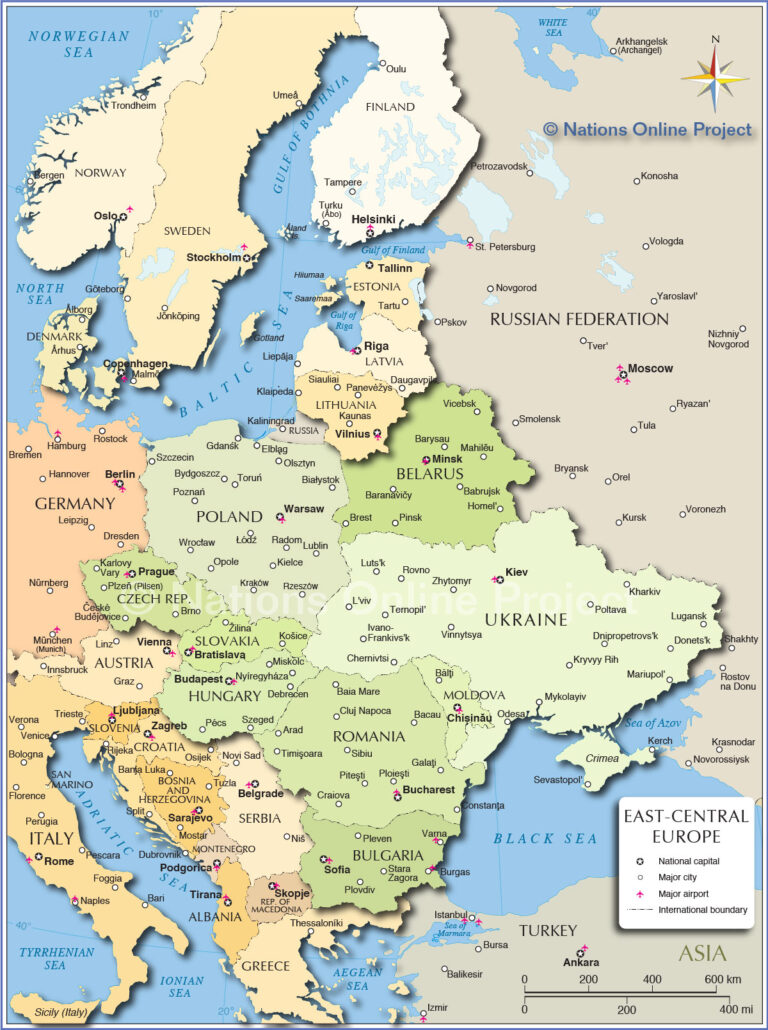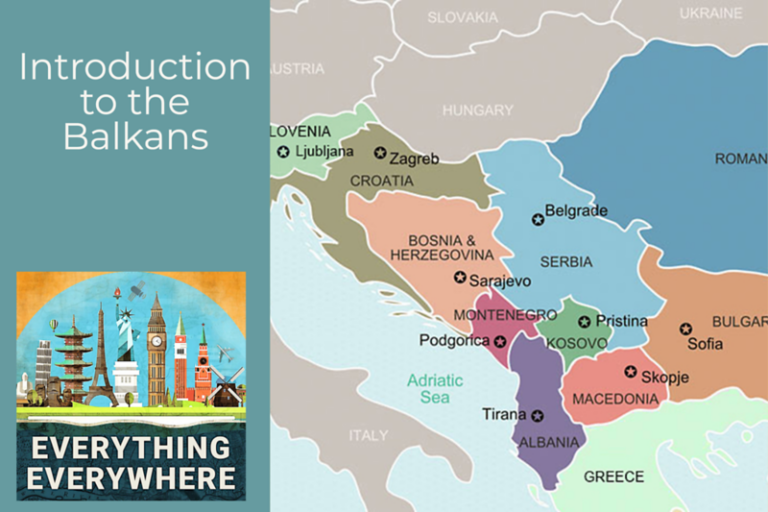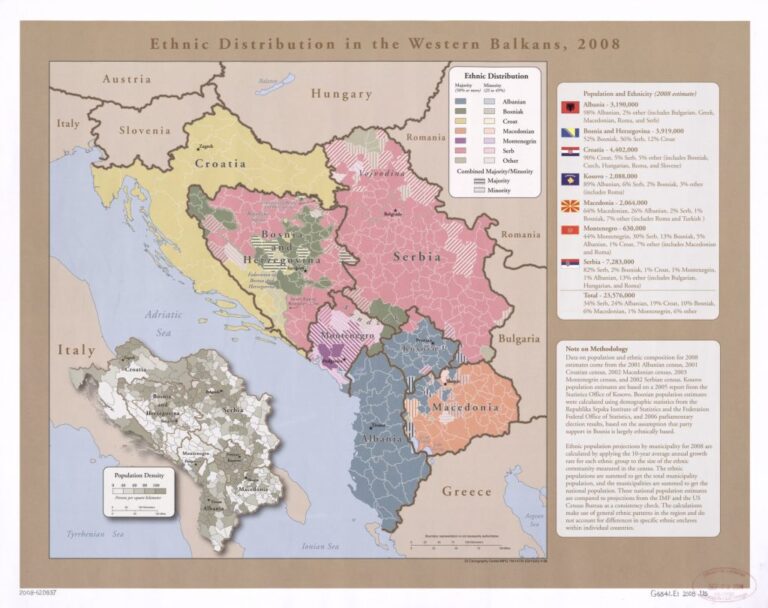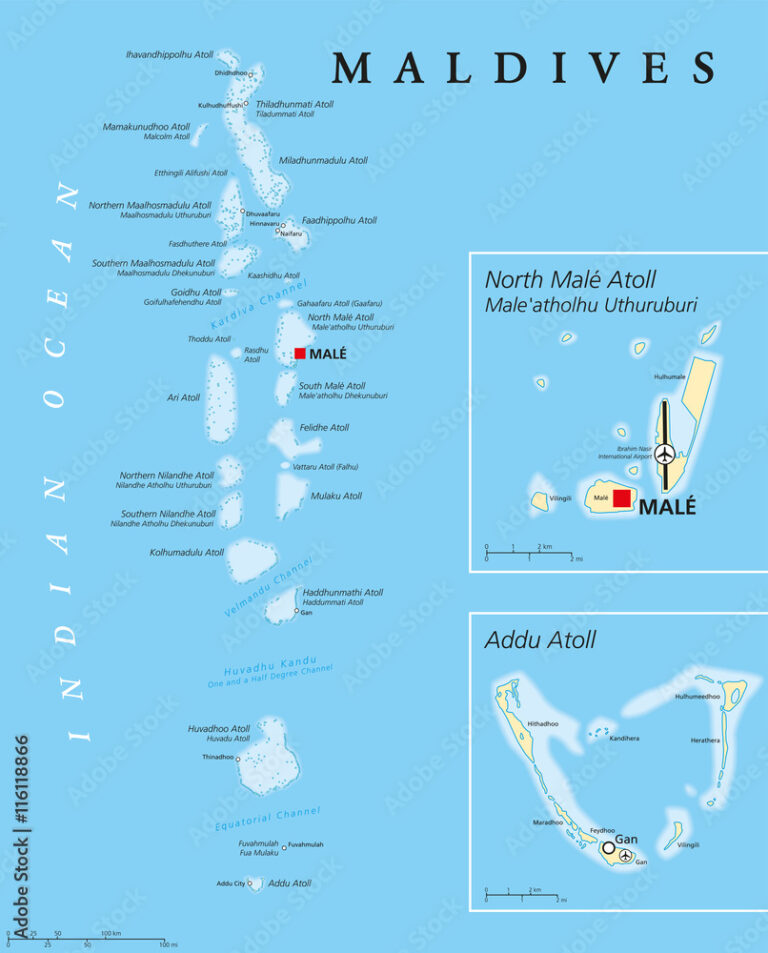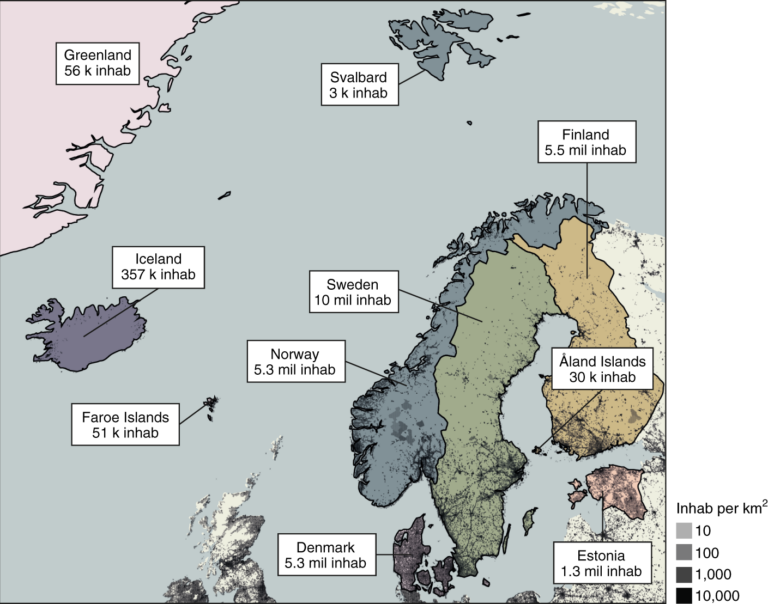Slovenia Neighbouring Countries and European Borders
Neighbouring Countries of Slovenia
Overview of Slovenia’s Borders
Slovenia sits smack dab in Central Europe, rubbing elbows with four nations: Italy, Austria, Hungary, and Croatia. Plus, it has a little sneak peek at the Adriatic Sea. These borders aren’t just lines on a map—they’re a peek into Slovenia’s political ties and neighborly relations.
| Country | Direction from Slovenia | Border Length (km) |
|---|---|---|
| Croatia | East, Southeast, South | 670 |
| Italy | Southwest | 234 |
| Austria | North | 330 |
| Hungary | Northeast | 102 |
Sources: Travel.State.Gov and World Atlas
These borders are like Slovenia’s highways for trade, travel, and diplomacy, crucial for its thriving development. Wanna know more? Check out our deep dive on Bordering Countries of Slovenia.
Geographical Positioning
Slovenia’s spot is a geographical jackpot, connecting Central Europe to the Balkans. It cozies up between the Alps and the Mediterranean, boasting a range of landscapes and serious strategic chops.
Up north, it cozies up to Austria, known for their beautiful Alpine region. To the northeast, Hungary is home to rolling hills and the Pannonian Basin. Slovenia’s got a long stretch with Croatia along the east, southeast, and south, featuring everything from plains to rocky terrain (Balkan Heritage Field School).
Swinging around southwest, Slovenia sidles up to Italy near Trieste, bustling with history and culture, and dips into the Istrian Peninsula (Balkan Heritage Field School). This also gives Slovenia a toe in the water at the Adriatic Sea, boosting its tourism and sea trade.
Let’s map it out simply:
| Direction | Borders with | Notable Geographical Features |
|---|---|---|
| North | Austria | The Alps |
| Northeast | Hungary | Pannonian Basin |
| East, Southeast, South | Croatia | Varied terrain—plains to rugged landscapes |
| Southwest | Italy | Istrian Peninsula, Gulf of Venice |
This primo location shapes everything—from Slovenia’s boundaries to its cultural and political exchanges with neighbors. Curious about Slovenia’s clout? Peek at our insights on Slovenia and Austria and Slovenia and Hungary.
Bordering Countries of Slovenia
Slovenia, parked cozily in Central Europe, hooks elbows with four neighbors: Italy, Austria, Hungary, and Croatia. These boundaries aren’t just lines on a map; they’re Slovenia’s gateways to the world and its partners in trade, culture, and the occasional friendly disagreement.
Italy
To the west, Italy and Slovenia are like old pals sharing secrets over a long fence—roughly 199 kilometers (124 miles) long, to be exact. This duo is tied together by a tapestry of history and a dash of shared culture that makes for lively economic exchanges.
Austria
Northern Slovenia hangs out with Austria along a stretch of about 330 kilometers (205 miles). Austria’s more than just a border buddy; it’s a key friend in the diplomatic mix. Although in recent years, things got a bit tricky with discussions around migration, leading Austria to pop up a fence around Spielfeld. Good fences make good neighbors, as they say.
Hungary
Off to the northeast, Slovenia snuggles next to Hungary along a short line of just 102 kilometers (63 miles). It’s brief but sweet, and they make the most of it with teamwork on shared goals in regional peace and money matters.
Croatia
With Croatia, the scene changes to an expansive 670 kilometers (416 miles) partnership. These two have a complicated past as former Yugoslav buddies, navigating the waters of peace and a few border skirmishes. The brouhaha sometimes bubbles up around territorial waters and the Dragonja River, keeping things interesting at family reunions.
| Country | Border Length (km) | Border Length (mi) |
|---|---|---|
| Italy | 199 | 124 |
| Austria | 330 | 205 |
| Hungary | 102 | 63 |
| Croatia | 670 | 416 |
If you’re itching for more, take a peek at our pieces on San Marino neighboring countries, São Tomé and Príncipe neighboring countries, and Saudi Arabia neighboring countries for a broader glimpse into geographical friendships.
Bilateral Relations
Slovenia and Croatia
Slovenia and Croatia aren’t just neighbors; they’re old pals, sharing tales from way back in their Yugoslav days. They’re like two friends who bicker sometimes—especially about borders—but still manage to play nice most of the time. Trade, tourism, and cultural tap dancing keep them close. Got a curiosity for their occasional sparring over boundaries? Our scoop on Croatia-Slovenia Border Disputes will fill you in.
| Aspect | Details |
|---|---|
| Shared Border Length | 670 km |
| Key Cooperation Areas | Trade, Tourism, Culture |
Slovenia and Austria
When Slovenia and Austria get together, it’s all about shaking hands and making plans. Austria, quick to befriend Slovenia after it flew solo from Yugoslavia, is a buddy on economic and cultural levels. They’re like a dynamic duo, teaming up to keep the neighborhood stable and handle environmental jazz together.
| Aspect | Details |
|---|---|
| Shared Border Length | 330 km |
| Key Cooperation Areas | Economic Collaboration, Regional Stability, Environment |
Slovenia and Hungary
With Hungary, Slovenia enjoys a rather chum-like relationship. Special shoutout to Hungary’s folks in Slovenia, who get some really positive attention under Slovenia’s constitution. It’s all about creating a comfy spot for them to thrive and join in—team spirit at its best (Wikipedia).
| Aspect | Details |
|---|---|
| Shared Border Length | 102 km |
| Key Cooperation Areas | Minority Rights, Political Cooperation |
Slovenia and Italy
Slovenia and Italy’s friendship has been on the up and up since 1994. Italy backed Slovenia in its EU and NATO dreams, like a big brother offering advice on weekend projects (Wikipedia). Their bond is strong across many fields, proving that neighbors can support each other’s dreams.
| Aspect | Details |
|---|---|
| Shared Border Length | 232 km |
| Key Cooperation Areas | EU Integration, NATO Membership, Economic Partnership |
Slovenia’s got a prime spot on Europe’s map, using it to build solid ties with its neighbors. Curious about what happened after Slovenia struck out on its own independence adventure? Pop over to our Historical Context section for a deeper dive.
Craving more insights about neighboring nations? Check these out:
- san marino neighbouring countries
- sao tome and principe neighbouring countries
- saudi arabia neighbouring countries
- senegal neighbouring countries
Disputes and Resolutions
Croatia-Slovenia Border Disputes
Croatia and Slovenia have been engaged in a tug-of-war over their borders for quite some time. The Dragonja river and the Bay of Piran seem to be the bones of contention. Both countries lay claim to these areas, adding fuel to the fire. Flashback to 1991—Yugoslavia split up, and these two declared their independence, but their borders were left in limbo.
The Bay of Piran holds special significance as this is Slovenia’s route to international waters. Croatia, on the other hand, insists on slicing the bay right down the middle. This standoff is more than a game of tug-of-war; it’s a replay of several historical disagreements.
The land isn’t exempt from this hullabaloo either. The markings along the Dragonja River are another sore point. Each side has its own take on where historical lines should fall and neither seems ready to back down.
Mediation Efforts
You’d think after years of bickering, someone would step in, right? Well, the European Union did just that, taking on the role of family counselor. In 2009, both countries thought maybe letting the EU be the referee might work out (Wikipedia).
The big shot Arbitrary Tribunal rolled in and tried to straighten things out once and for all by 2017. Here’s how the gavel dropped:
- Slovenia got the lion’s share of the Bay of Piran, with a nice international waters corridor for dessert.
- As for the Dragonja River, they decided to go half-and-half down the median line.
| Dispute Area | Outcome of Arbitration |
|---|---|
| Bay of Piran | Slovenia received most of the bay and access to international waters |
| Dragonja River | Boundary followed the median line |
But wait! Croatia wasn’t too thrilled with that verdict and threw a wrench in the works, sticking to its guns. Now, they’re in a diplomatic dance trying to hash out something satisfying. The EU and other regional buddies are playing the middlemen, hoping to broker a deal everyone can toast to.
Curious to learn about Slovenia’s spot on the map and who’s next door? Check out other country articles like senegal neighboring countries or serbia neighbouring countries.
Digging into Slovenia’s political and geographical puzzles, especially the border tiffs with Croatia, offers a window into the intricate relationships in this corner of the world and the push for peaceful tidings.
Multilateral Cooperation
Slovenia rolls up its sleeves and teams up with its neighbors through many cooperative ventures. These friendly alliances help tackle common hurdles and reach shared ambitions across different fields.
Initiatives with Neighboring Countries
Slovenia’s got a pretty active group chat going with Italy, Austria, Hungary, and Croatia. They work together on tons of stuff: military teamwork, transportation, taking down organized crime, border hopping, and keeping the planet happy and healthy.
Multinational Land Force
Think of the Multinational Land Force (MLF) as a regional superhero team-up. Slovenia, Italy, and Hungary join forces in this peacekeeping brigade to train together and hop into action for peacekeeping missions when things get rough.
Environmental Cooperation
Slovenia’s also got its green thumb out, working side-by-side with its neighbors on environmental issues that don’t stop at borders. They’re busy protecting shared lakes and rivers, cutting down on air pollution, and taking care of the land for future generations.
Areas of Cooperation
Slovenia doesn’t just dabble in these partnerships; they jump in with both feet across various sectors:
Military Cooperation
The Multinational Land Force isn’t just about flexing military muscles; it’s about strengthening ties and boosting security in the neighborhood through joint exercises and peacekeeping missions.
| Initiative | Who’s Involved | What They Do |
|---|---|---|
| Multinational Land Force | Slovenia, Italy, Hungary | Peacekeeping and security |
Transportation
Smooth rides and quick hauls are the goals here. Slovenia and its pals are working hard on upgrading roads and trains so that crossing borders is a breeze.
| Project | Countries Teaming Up | What They Want |
|---|---|---|
| Cross-Border Rail Improvement | Slovenia, Italy, Austria | Better rail networks |
Combating Crime
Slovenia’s got zero tolerance for troublemakers. It collaborates with its neighbors to fight bad guys by sharing info, teaming up for operations, and syncing up laws.
| Program | Who’s Teaming Up | Purpose |
|---|---|---|
| Anti-Organized Crime Initiative | Slovenia, Hungary, Italy | Cut down on crime |
Border Management
They’re all about keeping the borders secure and the trade flowing smoothly. Slovenia and neighboring countries are setting up sharp border controls with a side of technology.
| Project | Who’s Involved | What They Do |
|---|---|---|
| Border Control Harmonization | Slovenia, Croatia, Hungary | Effective border management |
Want to see how other countries are playing nice with their neighbors? Check out the stories of San Marino’s neighboring countries or Saudi Arabia’s neighboring countries.
Slovenia’s efforts in these alliances aren’t just about warm fuzzies—they mean better ties with nearby nations and help drive regional stability, economic progress, and eco-friendliness.
Historical Context
Formation of Independent Slovenia
Slovenia’s road to breaking free was packed with drama and big moments. After getting caught up in the post-World War II shuffle, it found itself as part of the Socialist Federal Republic of Yugoslavia under the watchful eye of Josip Broz Tito and his communist clan. Things were steady until the wheels started to come off in the late ’80s.
By 1989, folks in Slovenia were getting fed up and ready to take charge of their own destiny. The opposition parties started making some noise, calling for a fresh start with independence and dabbling in democracy (BHF). Their voice got louder, hitting a crescendo in 1991 when Slovenia threw down the independence gauntlet in June. That kickstarted a short scrap with the Yugoslav army.
They called it the Ten-Day War, and by July ’91, everyone was ready for a break, hammering out a ceasefire deal. Slovenia was on its way, good and proper. Fast forward to December, they had a shiny new constitution and, not long after, a nod from the European Union as a bonafide independent nation (BHF).
| Event | Date |
|---|---|
| Formation of Opposition Parties | 1989 |
| Declaration of Independence | June 1991 |
| Ten-Day War | June – July 1991 |
| Ceasefire Agreement | July 1991 |
| Adoption of New Constitution | December 1991 |
| EU Recognition of Independence | December 1991 |
Post-Independence Developments
After severing the ties, Slovenia hit the ground running to make its mark on the world scene. It wasn’t long before they were shaking hands and swapping pleasantries with other countries. Even with the old federation bunch like Serbia and Montenegro, things got back on track once they bid goodbye to Slobodan Milošević (Foreign relations of Slovenia – Wikipedia). This new buddy-up was important for chilling out the region and smoothing the path for joint ventures.
Slovenia wasn’t shy about acknowledging other nation’s freedom, reinforcing its stand for friendly global relations. A memorable event was in 1992, when Slovenia and Moldova sang each other’s praises recognizing independence, which set the stage for tight political and economic buddying up. Slovenia also threw its weight behind North Macedonia’s sail toward independence and joining the European club (Foreign relations of Slovenia – Wikipedia).
One interesting bit in Slovenia’s independence stretch is its love/hate border dance with Croatia. The neighboring buddies share about 670 km of border, but bickering over leftovers from Yugoslavia days kept the tension dial turned up (Foreign relations of Slovenia – Wikipedia).
Curious about these border tiffs and how they’ve been sorted out? Check out our piece on Croatia-Slovenia Border Disputes.
| Country | Year of Diplomatic Relations |
|---|---|
| Serbia and Montenegro | Post-Milošević era |
| Moldova | 1992 |
| North Macedonia | Support for Euro-integration |
Slovenia’s mix of hugging neighbors and reaching out globally laid down a solid foundation politically and economically, aiming for peace and prosperity after gaining its wings. For a peek into Slovenia’s team-ups and alliances with its neighbors, check out Initiatives with Neighboring Countries.
